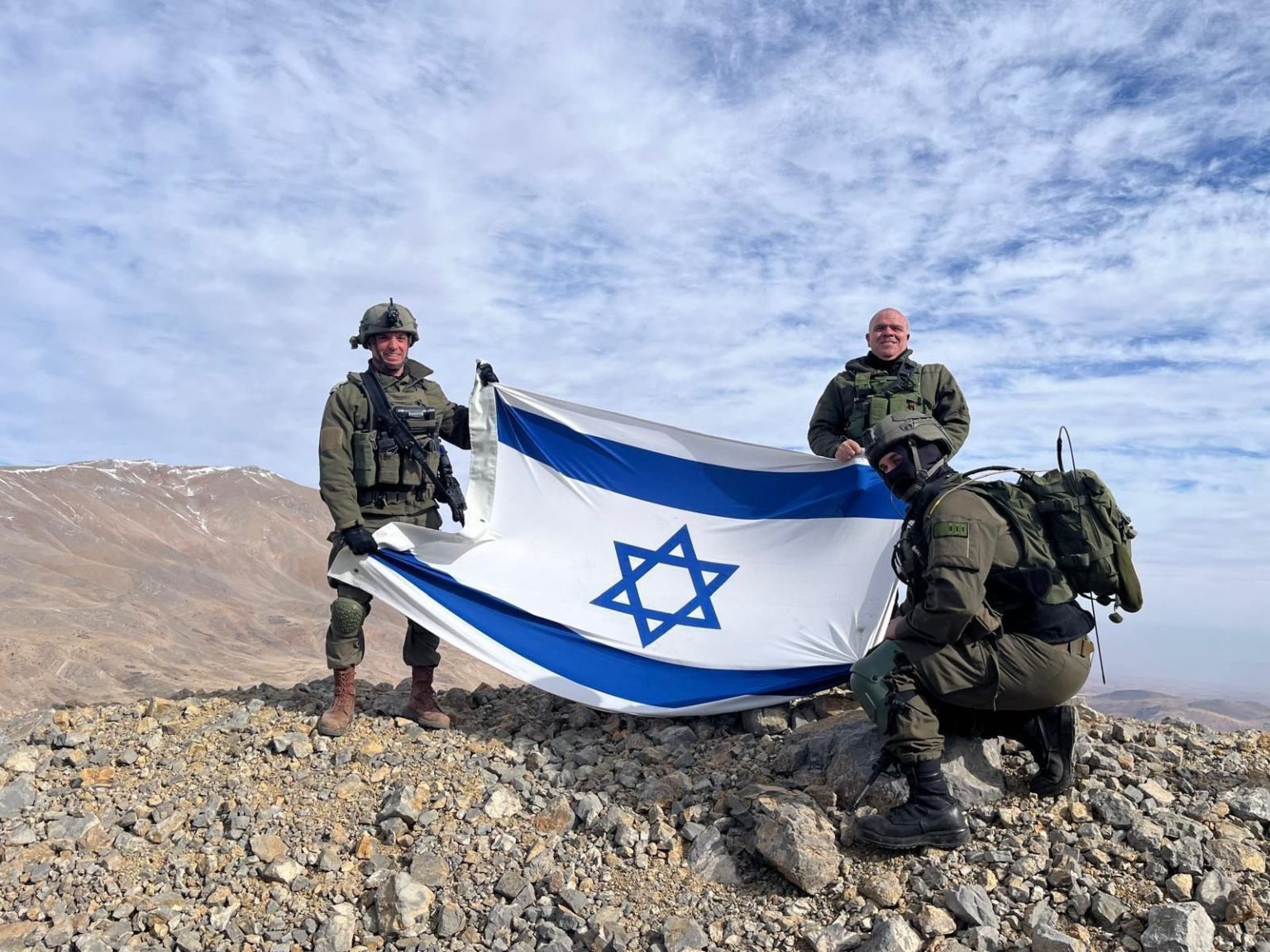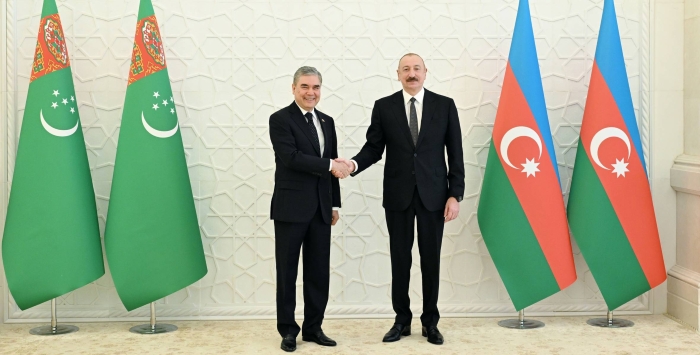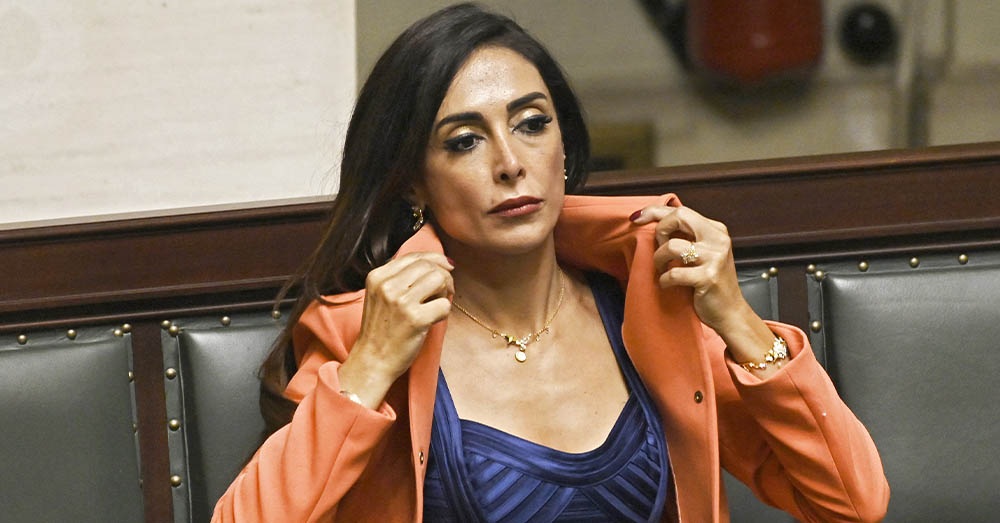By Damir Nazarov* |
As the rumours of Khaled Meshaal's desire to return to senior positions in Hamas increase, a new attempt at provocation to "drive a wedge" between the links within the Axis of Resistance should be described. The former head of the Hamas Politburo has long lived in Damascus, while remaining the head of the Palestinian movement left Syria. He argued for such a step "support for the Syrian revolution" in 2011. In fact, Meshaal and his team, fascinated by the ideas of Turkey and Qatar, deliberately provoked a break in relations with Tehran, Damascus and Hezbollah. They naively believed that a new bloc in the face of Cairo from "Ikhwans", plus the Doha-Ankara tandem would be a significant alternative. Time has passed and we see what the mistakes of the leaders of Hamas (Meshaal, Badran, Rishk, Marzouk) have led to. Today, the Palestinian organization is actively trying to correct the past mistakes of the previous leadership's diplomacy. What is Meshaal trying to achieve now by talking about his possible "return"? The same thing - the main goal is to tear Hamas away from Iran in favor of their Qatari (to put it bluntly American) masters. The appearance of Yehya Sinwar and Ismail Haniya in key positions of the movement symbolized a systematic revival of relations with the Islamic Republic of Iran and its allies (it is worth noting that the relationship between the Islamic revolutionary Guard Corps and the Al-Qassam Brigade never stopped). Sinwar's regular expressions of gratitude to Iran for its support of the Palestinian cause, the organization of contacts with Syrians through the Islamic revolutionary Guard Corps and Hezbollah, the presence of Haniya at the funeral of the legendary General Suleimani, all demonstrate the serious approach of the current Hamas leadership to restore its former status in the "Axis of Resistance". Meshaal is a negative image in Tehran and in Damascus. Thus, political strategists from the trio of States-Qatar-Turkey are trying to take new steps to prevent the strengthening of the Pro-Iranian Alliance, trying to hinder the process of restoring relations between Hamas and the Islamic Republic of Iran.
For his part, Meshaal managed to point out some of the mistakes that Hamas made in the period after 2007 in the management of the Gaza Strip. According to the former head of the Hamas Politburo, the largest Palestinian movement needed to exercise control over the Sector in cooperation with other parties and organizations, and it also needed to stop ignoring the secular segment in the political environment of the Palestinians, based only on an Alliance with Islamic movements. Why did Meshaal suddenly talk about a certain "tolerance" towards political competitors? My impression is that Khaled is trying to earn political points to run for President of the Palestinian authority or try to lead Hamas again. After he heads any of these organizations, he will be able to continue his anti-Iranian policy in favor of Doha.
When discussing Meshaal's conclusions on the management of the besieged enclave, one can't help feeling that Meshaal is secretly attacking the circle of Al-Qassam Brigade commanders and associated Hamas politicians, implicitly alluding to them as the main force of the "Hamas dictatorship" after 2007. Meshaal's statement directly reflects the regional game from Pro-American schemers. After the establishment of Hamas power in the Gaza Strip, "evil tongues" called the Palestinian organization the second Hezbollah, and constantly hung on Hamas label "Pro-Iranian organization". Objectively speaking, it was. Hamas was on good terms with Tehran until 2011 and has never hidden or been shy about it. Thus criticizing the policy of Hamas in the post-election period in the Gaza Strip, Meshaal points a finger at Iran and Syria, hinting at their participation in the "dictatorship" of the Al-Qassam Brigade in the Gaza Strip. It was the Islamic-revolutionary approach at the initial stage after the 2006 elections that was the key to the success of Hamas in terms of resistance to the aggression of Zionism and a successful outcome in the fight against internal enemies (Fateh movement, The Salafi Takfiri). Meshaal didn't say anything about that. As for the long-standing relations between the commanders of the Al-Qassam Brigade and the Islamic revolutionary Guard Corps, the result of such relations helped the Palestinian resistance to reach a new level and secure for the Qassam people the status of an alternative party in the dialogue within the members of the "Axis of Resistance".






